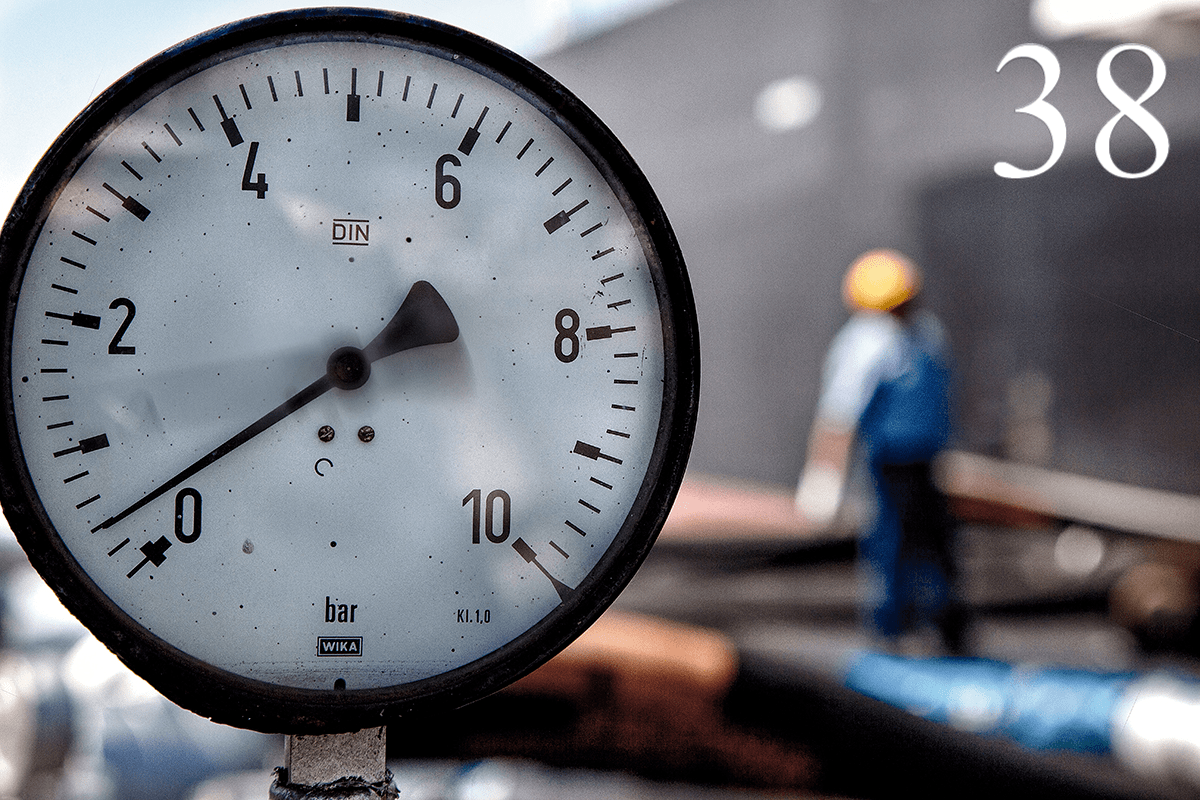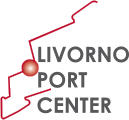
07 Gen Porti & dintorni. Cosa fa la portualità internazionale per reagire alla crisi. Numero 38
Trasporti, energia rinnovabile e turismo tra le priorità della Presidenza portoghese del Consiglio Europeo nel Recovery Plan dell’UE. Lo annuncia la Circolare ESPO-European Sea Ports Organisation del 5 gennaio 2021, che sintetizza il contenuto del programma e che riportiamo qui di seguito.
The Portuguese Presidency of the EU Council, running from January 2021 to July 2021, has published its programme of actions and priorities. Under the motto “time to deliver for a fair, green and digital recovery”, it lists a number of measures and events under the thematic areas transport, energy, tax, water, blue economy, tourism, trade and Research and Innovation. It lists its horizontal priorities as:
- promoting a European recovery boosted by the green and digital transitions;
- delivering the EU’s social Pillar as a key element for ensuring a fair and inclusive green and digital transition; and
- strengthening the strategic autonomy of a Europe that is open to the world.
In the area of transport, the Portuguese Presidency will boost initiatives related to the COVID-19 recovery. It will support intermodality with sea transport through commercial ports and greater provision of services and information. The Presidency seeks to give added impetus to the completion of the core network and connectivity with the Outermost Regions. The TEN-T Days are planned to be held in June. Based on our information, this year’s TEN-T days will be set up in the context of the European Year of Rail. A train will be going through Europe, making five stops. In each stop a Conference will be set up. The stops are: Lisbon, Brussels, Berlin, Bucharest en Ljubljana. The start is foreseen on 9 June in Lisbon and is supposed to end in Ljubljana by mid-July.
A high-level conference on sustainable oceans will be held in the Azores in June, which will look into the development of the blue economy and an integrated maritime policy. A further event will launch the European Year of Rail on 29 March, back-to-back with the Informal Transport Council. The Presidency will look for ways to boost the tourism sector as a sector particularly affected by the crisis. To this end, forum on sustainability and tourism has been organised for May.
The Presidency has committed to the effective implementation of the EU’s recovery programmes, namely the new Multiannual Financial Framework and the Next Generation EU (that includes the Recovery and Resilience Facility, all to be discussed in a high-level conference in June. In addition, the Presidency will encourage the design and use of financial instruments that promote innovation and sustainable development, making full use of the possibilities offered by the European Investment Bank (EIB).
Turning to energy, the Presidency has made green hydrogen a priority. It states that it will foster the storage and development of energy systems and smart grids as well as alternative fuels. It will in particular push to expand the hydrogen market through relevant regulatory requirements, for which a conference on green hydrogen is planned for April. The Programmes also discusses gearing tax policy to sustainability aims, in relation to alternative fuels, the circular economy, the blue economy and innovation and security of energy supply.
The Presidency has underlined its commitment to sustainable development of the blue economy. To this end, it will hold a ministerial conference on integrated maritime policy in June as well as focusing on themes such as biodiversity, international cooperation and maritime security during its tenure.
The presidency will push for a joint commitment to reduce CO2 emissions by at least 55% by 2030 compared to 1990 levels. Similarly, a conference will be held on climate change adaptation in March.
Looking at trade, the Presidency states that it will prioritise the EU’s future relationship with the UK, engaging in a comprehensive, fair and balanced partnership. Relations are to be strengthened with India, to be boosted by a meeting between EU Council members and the Indian Prime Minister in May. It will also support the work to modernise the World Trade Organisation (WTO).
In regards digitalisation, the Presidency will push a range of measures, for instance relating to the universal development of digital skills, the digital transportation of businesses and digital platforms, e-commerce, payments, and taxation. Two events have been planned in this are: a Digital Day in March and a Digital Assembly in June which will publish a “Declaration on Digital Democracy with a Purpose”.
Finally, the Presidency seeks to boost research and innovation (R&I) and achieve the target of 3 % of GDP in research investment by 2030 (2/3 private sector, 1/3 public sector). It emphasises innovation in areas including green hydrogen, artificial intelligence in the public domain and green supercomputing.

